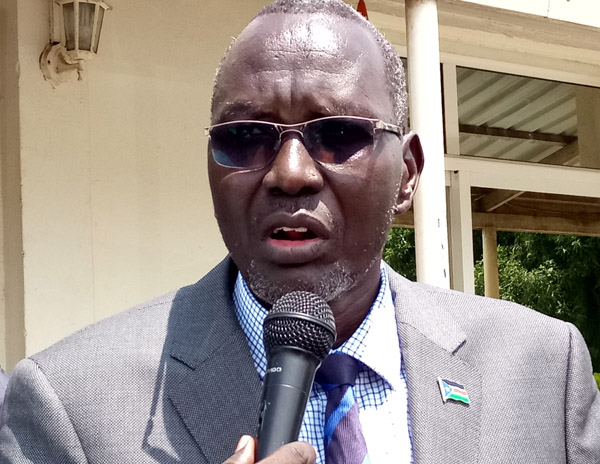South Sudan's minister of finance and economic planning has sought parliament’s approval to lift fuel subsidy, meaning the current fuel price fixed at 22 SSP per litter will be determined by market forces of demand and supply.
The world’s youngest nation has been troubled by a wide fiscal deficit, driven mostly by government spending and some subsidies that most economists say need to be cut down sharply in an attempt to bring the government's finances back on track.
South Sudan is an oil-producing country, but it doesn't have refineries so the government subsidizes imported fuel.
Finance minister and his deputy say there would be no provisions for fuel subsidy in this year’s budget which is awaiting parliament approval after the cabinet had already passed it.
“We share the pains of the current situation with our citizens but the inherited difficulties of the past and the challenges of current times imply that we must take difficult decisions on these sorts of critical national issues,” said finance minister Stephen Dhieu before MPs on Wednesday.
“We cannot just sit down and watch the citizens wail haplessly. That is the best way to handle the situation. Something has to be done to alleviate this suffering,” he added.
The official argued that lifting fuel subsidy would allow the government to use what it could save to meet other obligations, including payment of civil servants’ salaries on time.
“We need to seriously consider reducing or eliminating the fuel price subsidy managed by Nilepet – this is the single most viable option for increasing resources for Government spending in 2017-2018,” he said.
“If we eliminate the fuel price subsidy, we will be in a position to pay salaries on time, something we have struggled to do this year,” he added.




